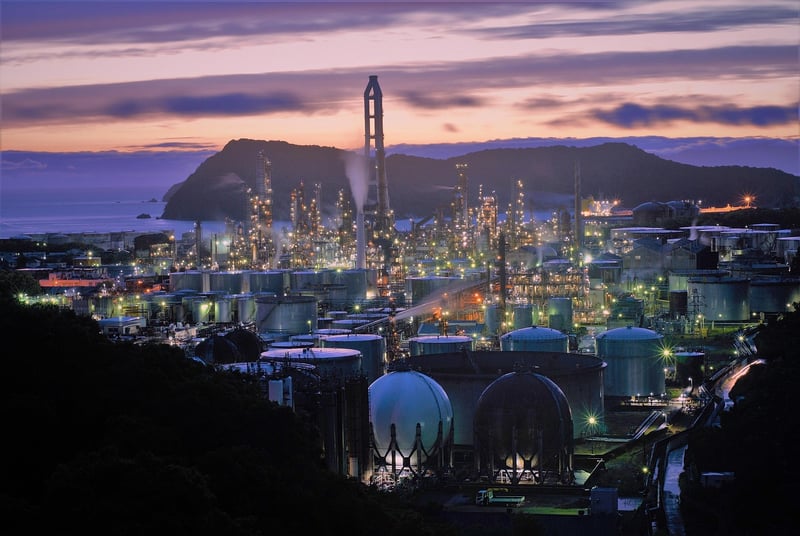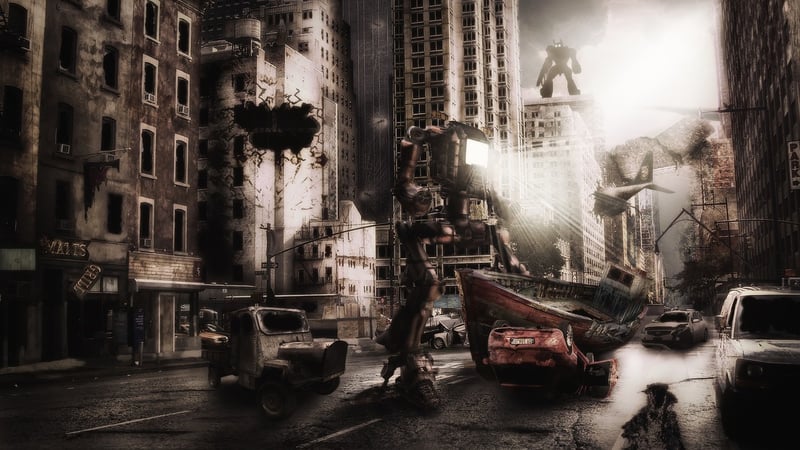Future Worlds
Exploring Different Eras and Future Worlds
The Past
In our quest to understand our present and anticipate our future, we look back at the different eras that have shaped the world we live in today. From ancient civilizations to industrial revolutions, each period holds valuable lessons and insights.
Ancient Civilizations
Ancient civilizations like the Egyptians, Greeks, and Romans laid the foundation for modern society through their advancements in architecture, philosophy, and governance.
Medieval Times
The medieval period was characterized by feudalism, chivalry, and the rise of powerful empires. It was a time of great innovation in art, literature, and technology.
Industrial Revolution
The industrial revolution marked a significant shift in human history with the mechanization of production processes, leading to urbanization and economic transformation.
The Present
As we navigate the complexities of the present, we find ourselves at the intersection of technological advancement, globalization, and environmental challenges. Understanding the current landscape is crucial in shaping our future.
The Future
Looking ahead, the future presents limitless possibilities and unknown frontiers. From advancements in artificial intelligence and space exploration to sustainable living and renewable energy, the future holds promise and uncertainty in equal measure.
Future Worlds
Imagining future worlds allows us to explore speculative scenarios, envision utopian societies, or contemplate dystopian futures. Through science fiction, art, and technology, we can push the boundaries of creativity and innovation.
Key Themes in Future Worlds:
- Technological Singularity
- Climate Change Mitigation
- Space Colonization
- Biotechnological Enhancements
- Social Equality and Justice
As we delve into the realms of the past, present, and future, we uncover a tapestry of human experiences, achievements, and aspirations that shape the narrative of our existence.




